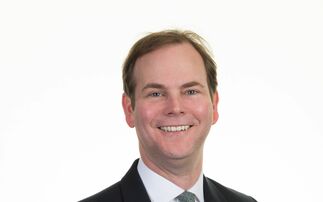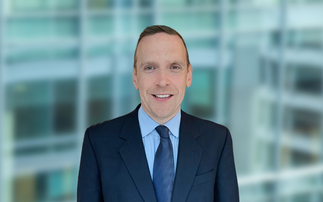2020 is by all means a historic year. A year of the deepest recession ever seen in peacetime, a year of sitting at home, all caused by the COVID-19 pandemic and the measures taken to fight it. Locking down entire countries to prevent the virus from spreading has led to economic damage at an unprecedented scale and at a speed never seen before. Once more it has become clear that a radical overhaul of our economic system is required. Private capital will play a crucial role in this transformation. In our new paper ‘Investing in radical change' we present a detailed analysis of trends that determine the post-COVID investment landscape and what the implications for investors are.
A catalyst for change
The root causes of COVID-crisis - or at least why our system derailed so quickly - are the built-in flaws of our economic system, including the unilateral focus on growth, the inbred inequality in many societies and between countries, and our ruthless exploitation of nature. This immense shock should make clear that our current system is untenable. Hans Stegeman, Chief Investment Strategist at Triodos IM and author of the paper: "Moving away from the immediate emergency it is time to start considering the economic and financial consequences of the pandemic and how it will change our economy, and also what this means for the investment landscape. We cannot and should not return to the situation before March 2020, but move towards a sustainable, resilient and inclusive economy."
The corona crisis has made clear that a transformation of the world economy is more needed than ever. Transition and transformation refer to a qualitative change in the state of a complex system. The whitepaper highlights three important aspects in transitions and the financing of transitions: construction, conversion and phasing out. Construction of a new economy that gives room to new initiatives and technologies. Conversion of unsustainable business models into sustainable alternatives. And phasing out of companies with clearly unsustainable products or business models that harm people and planet and have no intention or strategy to convert.
Pivotal role of private capital
With public budgets stretched or exhausted as governments first had to deal with a health crisis and later with mitigating the effects of this crisis on the economy, private capital plays a crucial role in the upcoming rebuilding phase. "Investors can and should play a differentiating role in how they contribute to the transition towards a more sustainable and resilient economy. For professional investors this is part of their fiduciary duty, but it's a moral duty for us all", according to Hans Stegeman.
Yet the crisis has also impacted the investment landscape, both in the short and in the longer term. The investment environment has changed, leading to changing opportunities for different instruments or asset classes and to changes in investment strategies. Also, a third element comes into play, turning the traditional investment dilemma of risk and return into an investment trilemma: risk, return and impact.
Investment trilemma
Given the ongoing uncertainty about the length of the pandemic, the loss of economic activity, and the need to repay and rebuild, it is very likely that economic growth will be lower in the coming years. Investors will have to adapt to a deteriorated economic outlook and, consequently, a lower, longer-term return perspective. Furthermore, re-risk and resilience emerge as new topics. Uncertainty directly related to COVID-19 will remain high the coming period. The longer-term challenge therefore is to make business more resilient, enabling companies to better withstand ‘new' risks related to ESG-factors, such as climate change, loss of biodiversity, and rising inequality, rather than financial factors.
Beyond risk and return, however, the need for transition strongly relates to impact. From an impact perspective, Covid-19 is a major setback for the global sustainability agenda as articulated in the SDGs. Private investors are needed more than ever to help to realise those goals. There is a greater need for equity investment, mostly private equity to help new initiatives to contribute to transitions and for existing companies to rebuild themselves to deliver sustainable impact.
Ultimately, the right vision on transitions combined with impact investing decisions can lead to a higher risk-adjusted, long-term return than the market average, thus escaping the investment trilemma.
Investing in radical change
As an investor you play an important role in the transition to a more inclusive and sustainable economy. Download our new vision paper and find out how you can contribute. As an impact investor we have been investing in positive change for more than 30 years. Join us.












